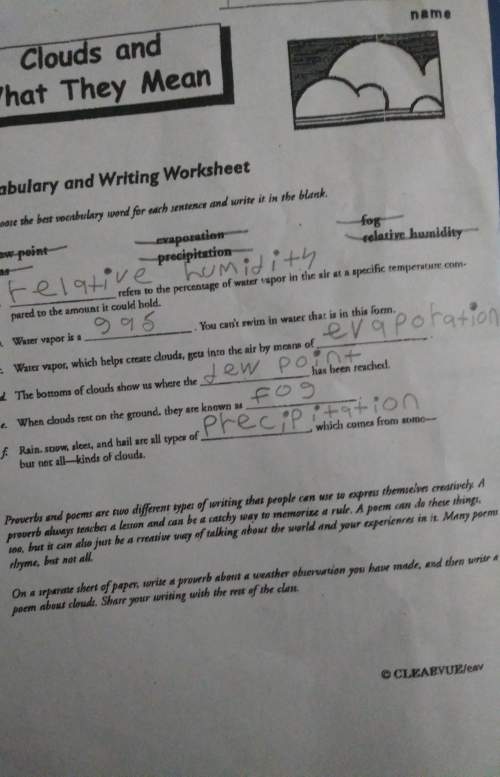
Physics, 05.10.2019 05:30 jean143965
An electron and a proton are each accelerated starting from rest through a potential difference of 38.0 million volts. find the momentum (in mev/c) and the kinetic energy (in mev) of each, and compare with the results of using the classical formulas. (

Answers: 3


Other questions on the subject: Physics

Physics, 21.06.2019 21:00, myalee1419
To protect all four receptacles on a branch circuit that surrounds a swimming pool, you would install which of the following configurations? a. gfci feed-through receptacle at the end of the load's circuit b. gfci-terminated receptacle at the beginning of the load's circuit c. gfci feed-through receptacle at the beginning of the load's circuit and the other receptacles connected to the load side of that receptacle d. gfci-terminated receptacle at each end of the load's circuit
Answers: 3

Physics, 22.06.2019 05:30, kaitlynmoore42
James is trying to prove newton's 2nd law of motion. he tries to move four different objects with different masses, shapes, and sizes from point a to point b. the objects are a toy car, a car, a refrigerator, and a kitchen table. after some experimentation, he finds that force is dependent on the mass of the object, rather than it's size or shape. the object that takes the most force to move is the
Answers: 1

Physics, 22.06.2019 15:00, almasahagung
Lightning is an example of what phenomenon? a release of a large amount of energy an absorption of a large amount of energy a natural electric circuit a natural electric current
Answers: 1
You know the right answer?
An electron and a proton are each accelerated starting from rest through a potential difference of 3...
Questions in other subjects:




Mathematics, 28.10.2020 19:00

Chemistry, 28.10.2020 19:00

Arts, 28.10.2020 19:00



Mathematics, 28.10.2020 19:00

Mathematics, 28.10.2020 19:00




